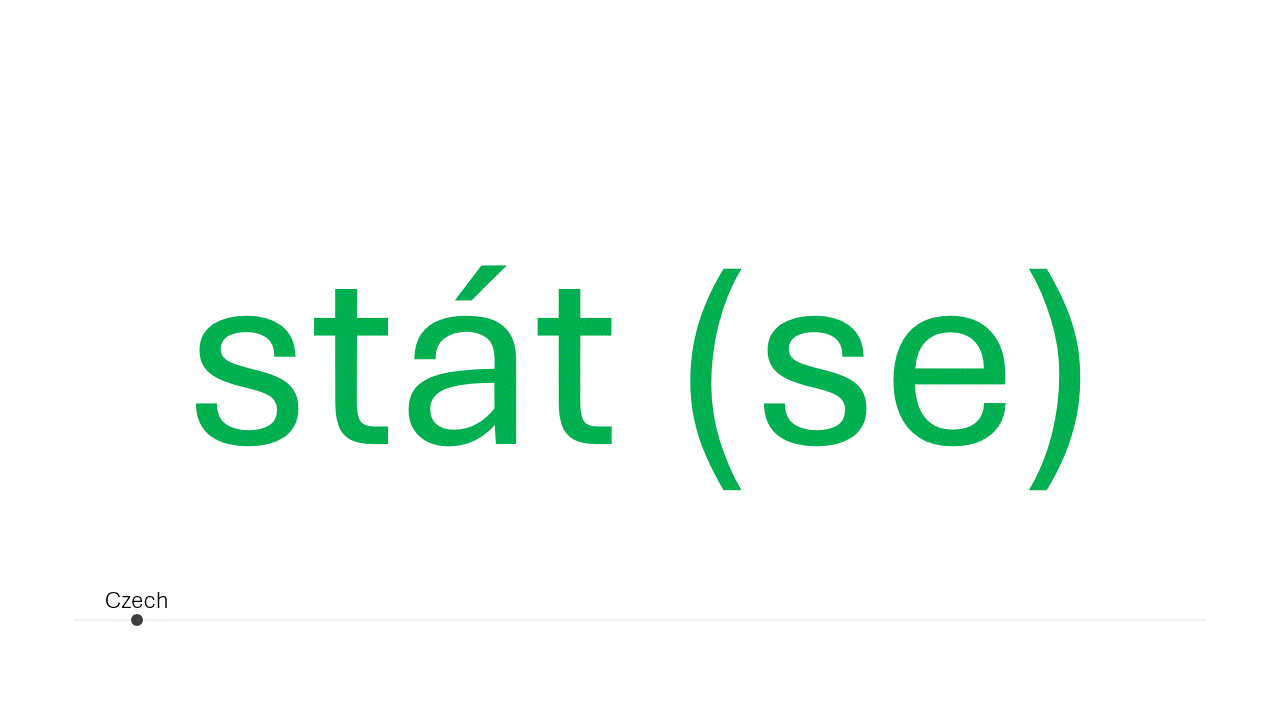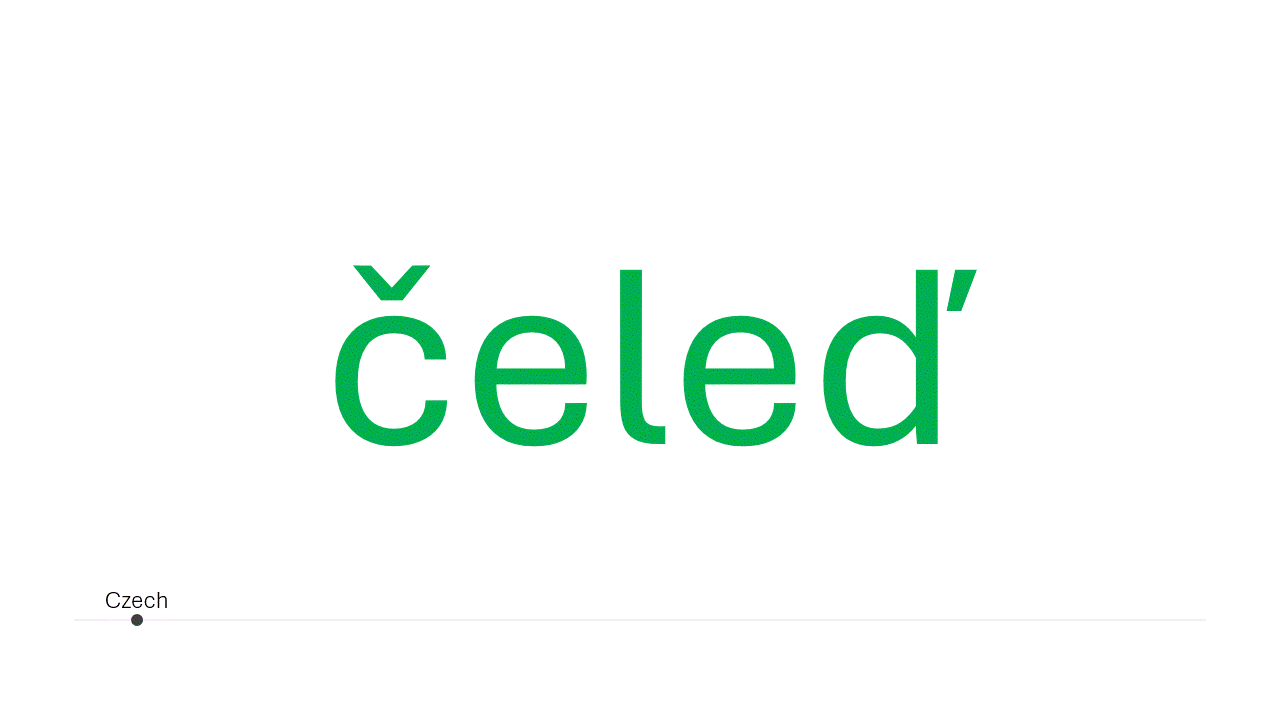Vědět (to know)
Vědět (to know) is connected both to vidět (to see) in Czech and ‘wit’ in English meaning ‘intellectual ability’ and ‘to know’; the latter verb form is now largely obsolete.
The Etymological Tree
Vědět & Vidět Are Essentially the Same Verb:
Vědět (to know) and vidět (to see) come from the same root verb meaning ‘to see’. The PIE root word *weyd- (to see) has a perfect or completed version *wóyde which mean ‘to have seen’ and by extension ‘to know’. The two verbs in Czech have remained remarkably similar throughout their journey.
Wit is Our Closest Relative:
English actually had quite a few words that came from this original root word, however many of them disappeared or have become obsolete. Wit, for example, is a noun used to describe quick and clever humour or intellect; however, in modern literature we can also use the expression to wit which means ‘to know’ or ‘to be aware of’.
This is now a defective verb that can only be used as is (i.e. it can’t be conjugated), but not long ago it was a common verb that we used in all its forms. A common phrase in modern English, “for all I know” used to have an alternative option using this verb “for ought ich wot.”
Of course, we have also derivatives of this word which do remain in common use such as unwittingly (unknowingly) and witness (someone who has seen or has knowledge of something).
Further English Connections:
Other words that come from the same root and pertain to the meaning of knowledge include ‘wise’, ‘wisdom’ and ‘wizard’. We also have some words that come from the same root and pertain to seeing, but usually through Latin, for example ‘video’ and ‘visual’.



Vědět (to know) is connected both to vidět (to see) in Czech and ‘wit’ in English meaning ‘intellectual ability’ and ‘to know’; the latter verb form is now largely obsolete.